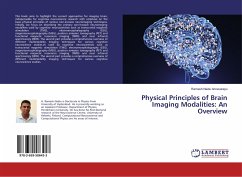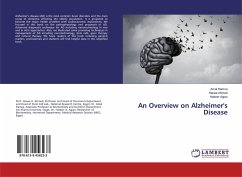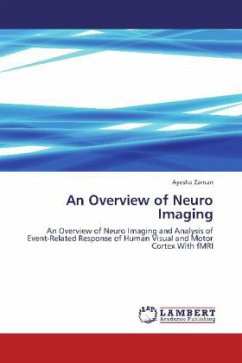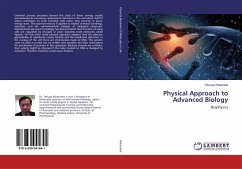This book aims to highlight the current approaches for imaging brain, indispensable for cognitive neuroscience research with emphasis on the basic physical principles of various non-invasive neuroimaging techniques. Initially, we focus on describing the primary non-invasive neuroimaging modalities used by cognitive neuroscientists such as transcranial magnetic stimulation (TMS), electroencephalography (EEG), magnetoencephalography (MEG), positron emission tomography (PET) and functional magnetic resonance imaging (fMRI) and near infrared spectroscopy (NIRS). The second part provides a comprehensive overview of different multimodality imaging techniques for various cognitive neuroscience studies.es used by cognitive neuroscientists such as transcranial magnetic stimulation (TMS), electroencephalography (EEG), magnetoencephalography (MEG), positron emission tomography (PET) and functional magnetic resonance imaging (fMRI) and near infrared spectroscopy (NIRS). The second part provides a comprehensive overview of different multimodality imaging techniques for various cognitive neuroscience studies.
Bitte wählen Sie Ihr Anliegen aus.
Rechnungen
Retourenschein anfordern
Bestellstatus
Storno








